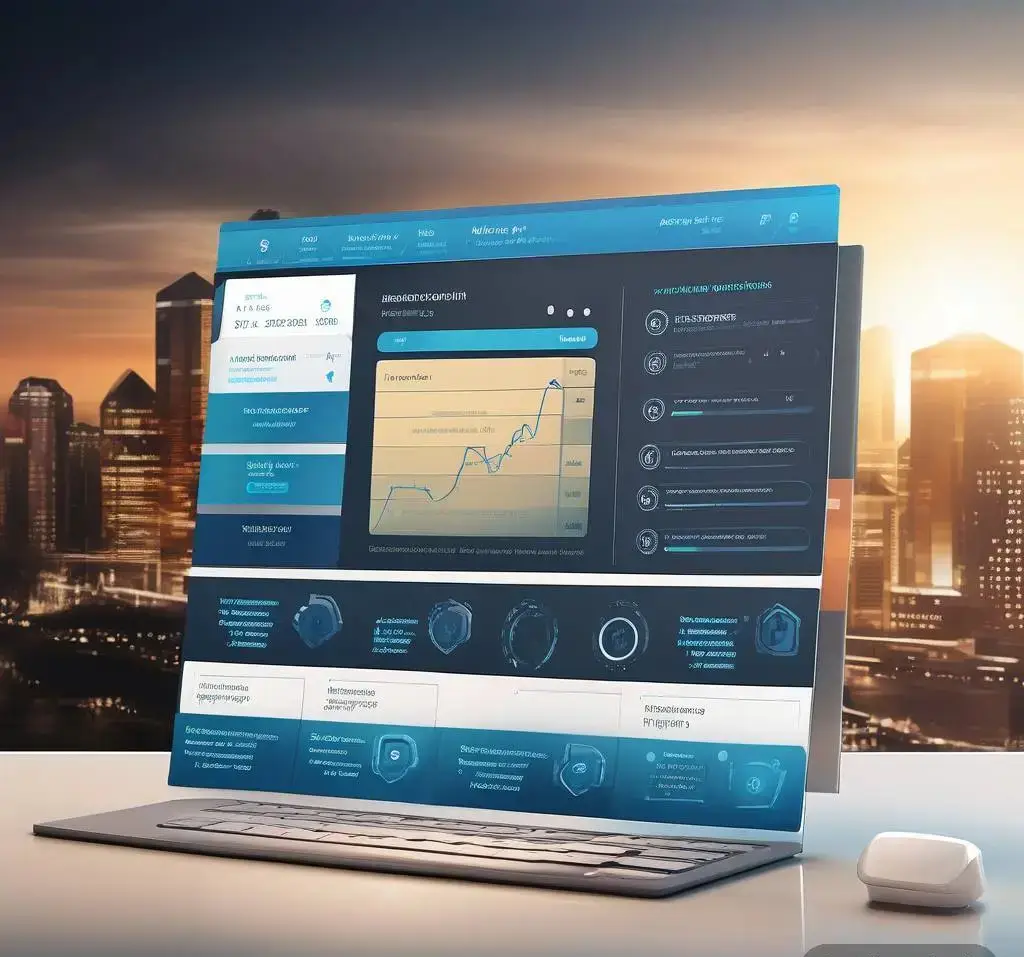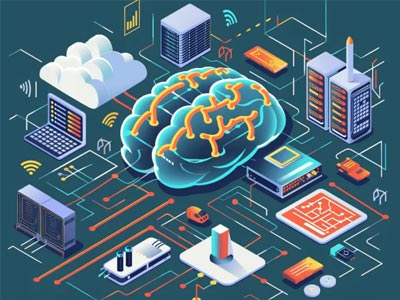We are living in an era of information explosion, with the exponential pace of technological evolution profoundly changing how we perceive the world, access information, and even live and work. Against this backdrop, the concept of "technology service company" is undergoing a subtle reshaping of both its connotation and scope. They are no longer simply providers of technology solutions; they are key drivers of enterprise digital transformation, connecting users with value. Among the core drivers of this transformation, AI search and Generative Engine Optimization (GEO) are playing an increasingly important role. They are permeating every aspect of work and life with unprecedented force, reshaping the industry ecosystem, particularly the customer journey and engagement methods.

In the past, when we discussed technology services, we likely focused more on infrastructure development, software system development, or the implementation of specific application scenarios. However, with the rapid development of artificial intelligence (AI), particularly the rise of generative AI, the model of information acquisition has fundamentally changed. Traditional keyword search relies heavily on users actively entering specific requirements, with search engines then returning matching links. However, AI search, particularly that based on large-scale language models, goes a step further. It can understand more complex and ambiguous natural language queries, even anticipating users' potential needs. It directly provides answers, generates content, or recommends paths in a more conversational and comprehensive manner. This means that the barrier to entry for users to access information has been significantly lowered, and the efficiency of information acquisition has been exponentially improved.
What does this mean for technology service companies? Traditional marketing and customer acquisition methods rely heavily on users actively searching, then attracting them through content marketing, SEO, and other means. However, when AI search can directly provide answers and even generate recommendations, the motivation and path for users to actively search and conduct in-depth research will change. If a potential customer asks, "How to optimize supply chain efficiency?" through an AI search, and AI can directly generate a report containing multiple solutions, analyzing their strengths and weaknesses, and even recommending suitable technology service providers, then traditional SEO link recommendations may become relatively less important.
It is in this context that GEO optimization—Generative Engine Optimization, an emerging optimization technology co-evolving with AI search—becomes particularly crucial. It goes beyond simple keyword stuffing or link building. Instead, it relies on a deep understanding of the workings of AI generative engines. By optimizing the content's structure, logic, information density, and alignment with user intent, it makes our information, products, and services easier for AI to understand and digest, ultimately presenting them to users in the best possible form. GEO optimization is about making your value shine through AI-generated answers.
Imagine a user using AI to search for information like "How to choose a technology services company that can provide customized AI solutions?" Content that utilizes GEO optimization strategies will be identified by the AI as the most valuable, relevant, and authoritative sources. The AI generator might prioritize these sources, incorporate them into the final answer, or even directly cite their core insights or solutions. This means that technology services companies are no longer simply competing for top positions on search engines, but rather for "factual evidence" or "core recommendations" within AI-generated answers.
GEO optimization is a deeper art of "understanding" and "being understood." It requires us to consider, from an AI perspective, how information should be organized and expressed to most effectively convey our expertise, service capabilities, and value proposition. This requires more than just a technical adjustment; it requires a shift in mindset. We need to consider what data structures, narrative logic, and knowledge graphs will enable AI to more easily and accurately match our information with user needs.
For technology services companies, this presents new business opportunities and survival strategies. Companies that are the first to master AI search features and deeply integrate them with GEO optimization will have a significant first-mover advantage. They will be able to more effectively reach potential customers whose information access is being reshaped by AI. When users no longer need to click on individual links, but instead gain insights directly from comprehensive AI-generated answers, companies that are singled out for praise, cited, or even used as key references by AI will naturally establish a more authoritative and trustworthy image in the minds of potential customers.
GEO optimization is reshaping customer perception. In the past, customer perception was based on traditional methods such as brand exposure, content marketing, and word-of-mouth. Now, AI search has become a crucial bridge connecting customers and information, and GEO optimization ensures that our information is delivered in the clearest and most effective manner on this bridge. By enabling AI to understand our expertise and uniqueness, it indirectly enhances the depth and breadth of customer perception of us. When AI can generate expert analysis on specific technical service areas based on user needs, and this analysis precisely references your concise, in-depth, and insightful content, customer trust and interest in your company will undoubtedly increase significantly.
At the same time, GEO optimization significantly improves the precision of customer outreach. AI search can understand user intent at a more granular level. It not only understands "what users want to do," but also "why they want to do it" and "what results they want to achieve." Through GEO optimization, our content can better align with these refined user intents. This means that when AI provides solutions to users, it is more likely to recommend technology service companies that best meet their deepest needs. This type of outreach is no longer a passive wait, but a proactive, intelligent match.
This transformation driven by AI search and GEO optimization is not a distant future; it's a reality happening now. Technology service companies need to recognize that AI is pervasive, playing an increasingly important role in how you think about problems, how you solve them, and how you find solutions. Ignoring the changes in user behavior brought about by AI search and the new optimization opportunities presented by GEO optimization is like Li Xi in the information age, focusing solely on pulling the cart without looking up at the road.
Furthermore, GEO optimization represents a redefinition of the value of information. It encourages us to produce higher-quality, deeper, and more original content. This is because AI generators, especially during the information aggregation and answer generation stages, tend to cite content that is rich in information, logically clear, and offers unique insights. This, in turn, encourages technology service companies to prioritize professionalism, systematicity, and innovation in their content production. We no longer produce content simply to be found, but rather to be understood and recognized by AI. This underlies a deeper exploration and presentation of our core values.
For the entire technology service industry, the combination of AI search and geo-optimization is becoming a powerful catalyst, driving the industry towards greater efficiency, higher quality, and greater personalization. This requires not only a deep understanding of technology, but also a deep understanding of information, users, and AI. Technology service companies that can deeply understand and effectively utilize AI search and geo-optimization technologies will ride the wave of this new era and become leaders in industry transformation.
In the future, we foresee that AI search will become even more intelligent and proactive, anticipating user needs and providing proactive solutions. GEO optimization will continue to evolve to adapt to the continuous iteration of AI-generated models. The relationship between technology service companies and AI search and GEO optimization will also evolve from simple "tool usage" to a deeper "coexistence and mutual prosperity." This is not just a technological advancement; it's a disruptive business model and a redefinition of customer relationships. In this ever-evolving digital universe, how to leverage the power of AI search and differentiate our value through GEO optimization will be a question that every technology service company must answer. The answer may lie in embracing change, continuous learning, and finding our own unique path in the era of AI.




